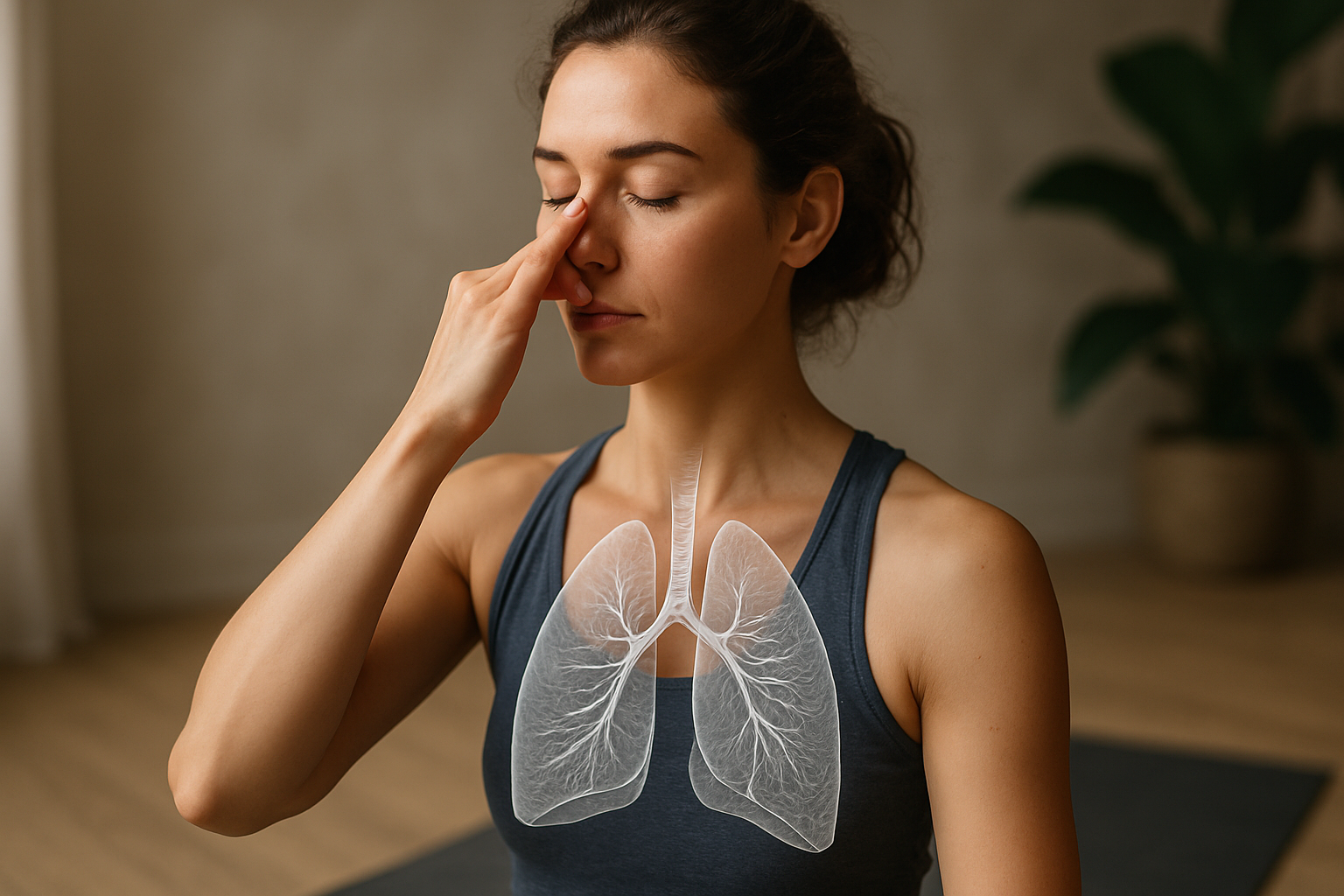The Power of Stress Relief: Techniques for a Calmer Mind and Body
Stress is an inevitable part of modern life, affecting millions of people worldwide. Whether it stems from work pressures, personal relationships, or global events, chronic stress can take a significant toll on both mental and physical health. Fortunately, there are numerous effective techniques for managing and reducing stress. This article explores various stress relief methods, focusing on meditation, breathing exercises, and relaxation techniques to help you achieve a calmer, more balanced state of mind and body.

One of the most accessible forms of meditation for beginners is mindfulness meditation. This technique involves paying attention to the present moment without judgment. By focusing on your breath, bodily sensations, or surroundings, you can quiet the constant chatter of the mind and reduce stress-inducing thoughts. Regular meditation practice can lead to long-term changes in the brain, improving your ability to manage stress and anxiety over time.
What breathing techniques can alleviate stress?
Breathing exercises are simple yet powerful tools for stress relief that can be practiced anywhere, at any time. These techniques work by activating the body’s relaxation response, which counteracts the stress response and helps restore balance to the nervous system.
One effective breathing technique is diaphragmatic breathing, also known as belly breathing. This involves taking slow, deep breaths that expand the diaphragm rather than shallow chest breathing. To practice, place one hand on your chest and the other on your belly. Breathe in slowly through your nose, feeling your belly rise while your chest remains relatively still. Exhale slowly through your mouth, feeling your belly fall. Repeat this for several minutes, focusing on the sensation of your breath.
Another popular technique is the 4-7-8 breathing method. This involves inhaling for 4 counts, holding the breath for 7 counts, and exhaling for 8 counts. This pattern helps slow down the heart rate and promote relaxation, making it particularly useful for managing acute stress or anxiety.
How can relaxation techniques reduce anxiety?
Relaxation techniques are structured methods designed to reduce tension in the body and mind, effectively lowering stress and anxiety levels. These techniques often involve a combination of physical and mental exercises that promote a state of calm and well-being.
Progressive muscle relaxation (PMR) is a widely used technique that involves systematically tensing and then relaxing different muscle groups in the body. This practice not only helps release physical tension but also trains your mind to recognize and release stress. To practice PMR, start by tensing and then relaxing the muscles in your feet, gradually working your way up through your body to your head.
Guided imagery is another powerful relaxation technique that uses visualization to create a mental sanctuary. By imagining a peaceful, calming scene in vivid detail, you can shift your focus away from stressors and induce a state of relaxation. This technique can be particularly effective when combined with deep breathing exercises.
What role does physical activity play in stress relief?
Physical activity is a crucial component of stress relief, offering both immediate and long-term benefits for mental and physical well-being. Exercise releases endorphins, the body’s natural mood elevators, which can help reduce feelings of stress and anxiety.
Aerobic exercises like running, cycling, or swimming are particularly effective for stress relief. These activities increase heart rate and breathing, which can help flush out stress hormones and promote a sense of calm. Even moderate activities like brisk walking or yoga can significantly reduce stress levels when practiced regularly.
Incorporating physical activity into your daily routine doesn’t have to be time-consuming or intense. Short bursts of activity, such as a 10-minute walk or a quick stretching session, can provide immediate stress relief benefits. The key is consistency and finding activities that you enjoy, making it easier to maintain a regular exercise habit.
How can lifestyle changes contribute to stress management?
Effective stress management often requires a holistic approach that includes lifestyle modifications. By making conscious changes to your daily habits and routines, you can create an environment that is more conducive to relaxation and stress relief.
One important aspect is maintaining a balanced diet. Eating a nutritious diet rich in fruits, vegetables, whole grains, and lean proteins can help stabilize mood and energy levels, making you more resilient to stress. Additionally, limiting caffeine and alcohol intake can improve sleep quality and reduce anxiety.
Prioritizing sleep is another crucial factor in stress management. Lack of sleep can exacerbate stress and make it more difficult to cope with daily challenges. Aim for 7-9 hours of quality sleep each night by establishing a consistent sleep schedule and creating a relaxing bedtime routine.
What professional resources are available for stress relief?
For those seeking additional support in managing stress, there are numerous professional resources available. These range from individual therapy sessions to group classes and workshops focused on stress management techniques.
| Resource Type | Description | Potential Benefits |
|---|---|---|
| Cognitive Behavioral Therapy (CBT) | A form of psychotherapy that helps identify and change negative thought patterns | Improved stress coping skills, reduced anxiety |
| Mindfulness-Based Stress Reduction (MBSR) | An 8-week program combining meditation and yoga | Enhanced mindfulness, reduced stress and anxiety |
| Stress Management Workshops | Group sessions teaching various stress relief techniques | Practical tools for daily stress management, peer support |
| Biofeedback Training | Uses sensors to provide information about physiological processes | Increased awareness and control over stress responses |
Prices, rates, or cost estimates mentioned in this article are based on the latest available information but may change over time. Independent research is advised before making financial decisions.
Incorporating stress relief techniques into your daily life can significantly improve your overall well-being. Whether through meditation, breathing exercises, relaxation techniques, physical activity, or lifestyle changes, there are numerous ways to manage and reduce stress. Remember that finding the right combination of strategies may take time and experimentation. Be patient with yourself and consistent in your efforts, and you’ll likely discover effective methods to achieve a calmer, more balanced life.
This article is for informational purposes only and should not be considered medical advice. Please consult a qualified healthcare professional for personalized guidance and treatment.






